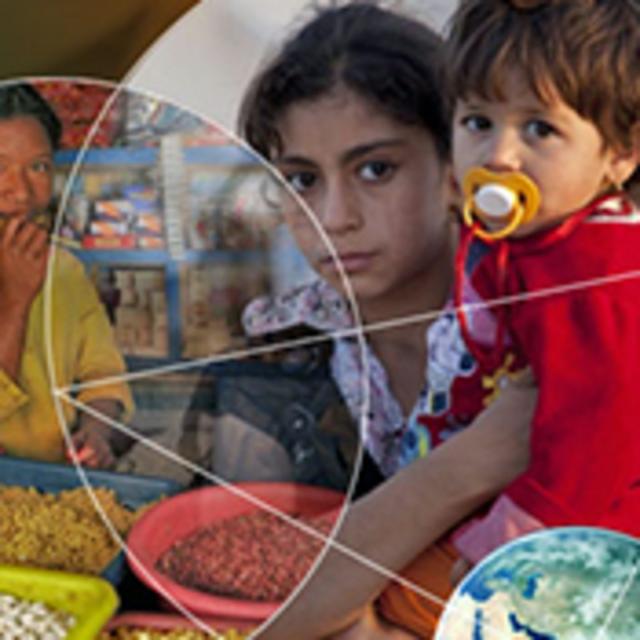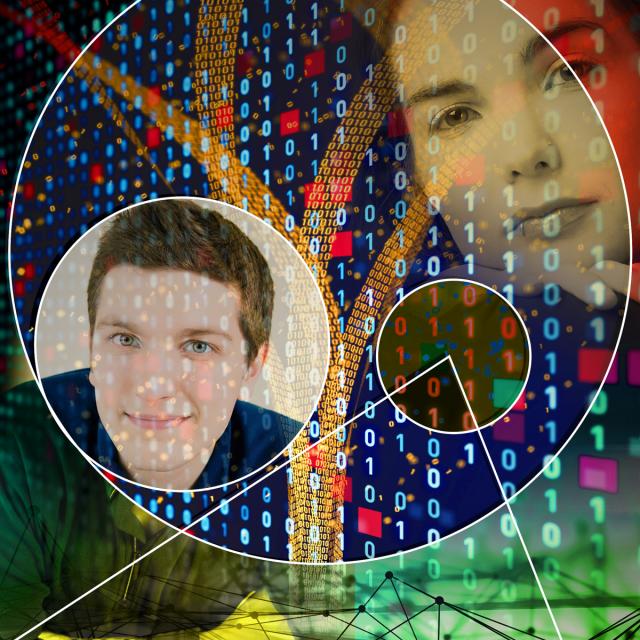An Introduction to Global Health (Coursera)
Categories
Effort
Languages
This course will provide you with an overview of the most important health challenges facing the world today. You will gain insight into how challenges have changed over time, we will discuss the likely determinants of such changes and examine future projections. Successful international strategies and programs promoting human [...]
May 13th 2024










